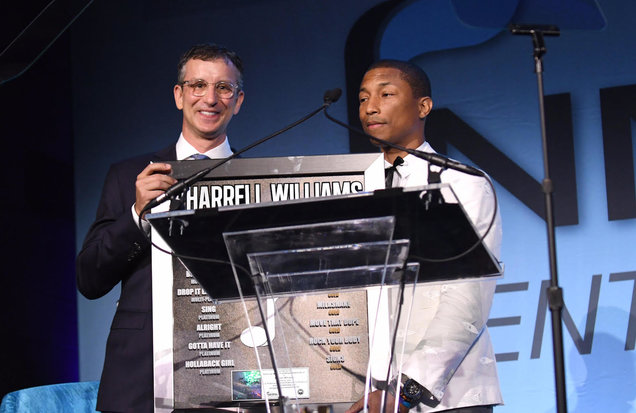Media
David Israelite, Pharrell Williams, Martin Bandier, Steve Boom, Yoko Ono Kick-Off NMPA’s Centennial Meeting: Billboard

6/14/2017 by At today’s National Music Publishers' Association Centennial Annual Meeting in New York, which always falls the day before the annual Songwriters Hall of Fame ceremony, NMPA CEO David Israelite said the organization’s number one goal is to get the music publishing out from under government regulation by getting rid of compulsory licensing. The only way for that to happen, he said, is if music publishers step up to the plate and help make licensing easier for services. “We need an industry effort to get the government out of our business,” said Israelite, who later presented Pharrell Williams with the organization's Centennial Songwriter Icon Award. The CEO said he envisioned a world where music publishers don’t have to deal with the Copyright Royalty Board, rate court judges and The Department of Justice’s consent decrees and can instead license music in a fair and open market which will help close the value gap between songwriters and recording artists. As part of the agenda, Israelite suggested something unpopular with many of the gathered music publishers: challenging them to publicly make known their song catalogs and what percentage they own of each song. Meanwhile, Sony/ATV Music Publishing chairman/CEO Martin Bandier called upon the industry to give songwriters their fair share and to acknowledge the importance of songwriters’ contributions. “The fruits of our labor are not being equitably rewarded and we are not benefiting from the streaming revolution as meaningfully as we should,” Bandier said while also calling on the industry to correct another wrong. “When I look today at the likes of Spotify, Apple Music and YouTube, I ask: where are the names of the songwriters,” said Bandier, who was presented with the organization’s Lifetime Service Award by Motown legend Smokey Robinson. "They are either not there or so hidden that you would have to be a special prosecutor, or perhaps The Washington Post – to find them. It is as if the songwriters do not exist and the only people who matter are the recording artists. However, without the songwriters coming up with the words and music in the first place, there would be nothing for the artist to record and no music to stream.” Bandier did, however, acknowledge Spotify’s "Secret Genius" program, which features for example a songwriter playlist with Justin Tranter's most popular hits. Bandier called that an important move, but wants them and other services to go further. Bandier called upon streaming services to show songwriter names as well as credit the artists who recorded the songs. “It’s a tiny step but a hugely symbolic one that will once again put the role of the songwriter front and center and remind everyone of the songwriter’s vital contribution to music and the industry," he said, "And, ultimately, it will play a part in ensuring that these will become the best of times for everybody, including the songwriters and music publishers.” Amazon VP of music Steve Boom, who gave a presentation on how its Echo device and Alexa AI will change music listening, responded to Bandier by saying that his company was working on giving songwriters credit. Boom also reminded the NMPA that Amazon has been selling music since 1998 and pointed out that one size doesn't fit all, which is why Amazon still sells physical music; and started its streaming service as part of Amazon Prime which was wrapped in and thus made the price not discernible. He reminded attendees that 70% of listeners rely on free, i.e. radio and Pandora, to get their music, which is the demographic they are targeting with Amazon Prime. But now they are trying to lure them to pay with Amazon Unlimited, which came out with two price tiers for people who don’t want to pay $10 a month. With Alexa's help they hope to convert users from Amazon Prime to the $3.99 a month service, which is only available on Echo. When the listener asks for a song that isn’t available in Prime, Alexa offers a free trial of the $3.99 service to hear the song. If Amazon can get them there, it’s not much farther to get users to pay $10 a month, he said. Israelite in his speech also alluded to legislation in the coming weeks that may help the songwriters and publishers get closer to a free market solution that will "improve the songwriter’s and publisher’s place in the industry,” although he didn't specify any details. The NMPA head noted that he had just spent the last year making its case in the CRB rate trial while at the same time fighting with the Department of Labor. The last administration, he said, had the point of view that the entire history of the music publishing business didn’t exist and that the Copyright Office's opinion does not matter so it ruled that publishers must do full-work licensing that music licensees favor, instead of the fractionalized licensing that the publishers want. BMI sued and won, but that is being appealed. Israelite also said one of the main problems is that the ancient model of licensing is no longer relevant and no longer works. “It's absolutely true that the labels are not supposed to release our songs until they are cleared and that the services are not supposed to put them up until they clear the songs too,” he said. But music publishers, he said, can be “part of the solution by identifying the songs we own. The only way we can get get rid of the compulsory license, in existence since World War I and the consent decree, in existence since World War II, is to make licensing easier for digital services." He compared the current situation to when the movie industry was afraid they would be regulated by government and came together to create the rating system that identified which age groups can see which movies. Israelite said “we need an industry effort to get the government out of our business." Israelite began his presentation by noting the U.S. music publishing industry reached $2.65 billion, up 5.7% from $2.51 billion in the prior year. Within that he noted 54% was performance, synchronization was 21%, mechanical was 19% and other accounted for 6%. Earlier in the night, the NMPA Industry Legacy Award, was presented to ASCAP chairman Paul Williams, who was lauded by NMPA chairman Irwin Robinson for being “one of the most prominent in defending songwriters, both at home and abroad.” Finally, in a special presentation, the NMPA honored an Icon Song, John Lennon’s “Imagine,” and played a clip of Lennon himself saying Yoko Ono should have gotten a songwriting credit for helping to write the lyrics. As such, Israelite gave Ono an award as a co-writer. She was accompanied on stage by Sean Lennon. The event closed with Patti Smith singing “Imagine,” with her daughter Jesse ParisSmith on piano. To read the Billboard article, click here.
